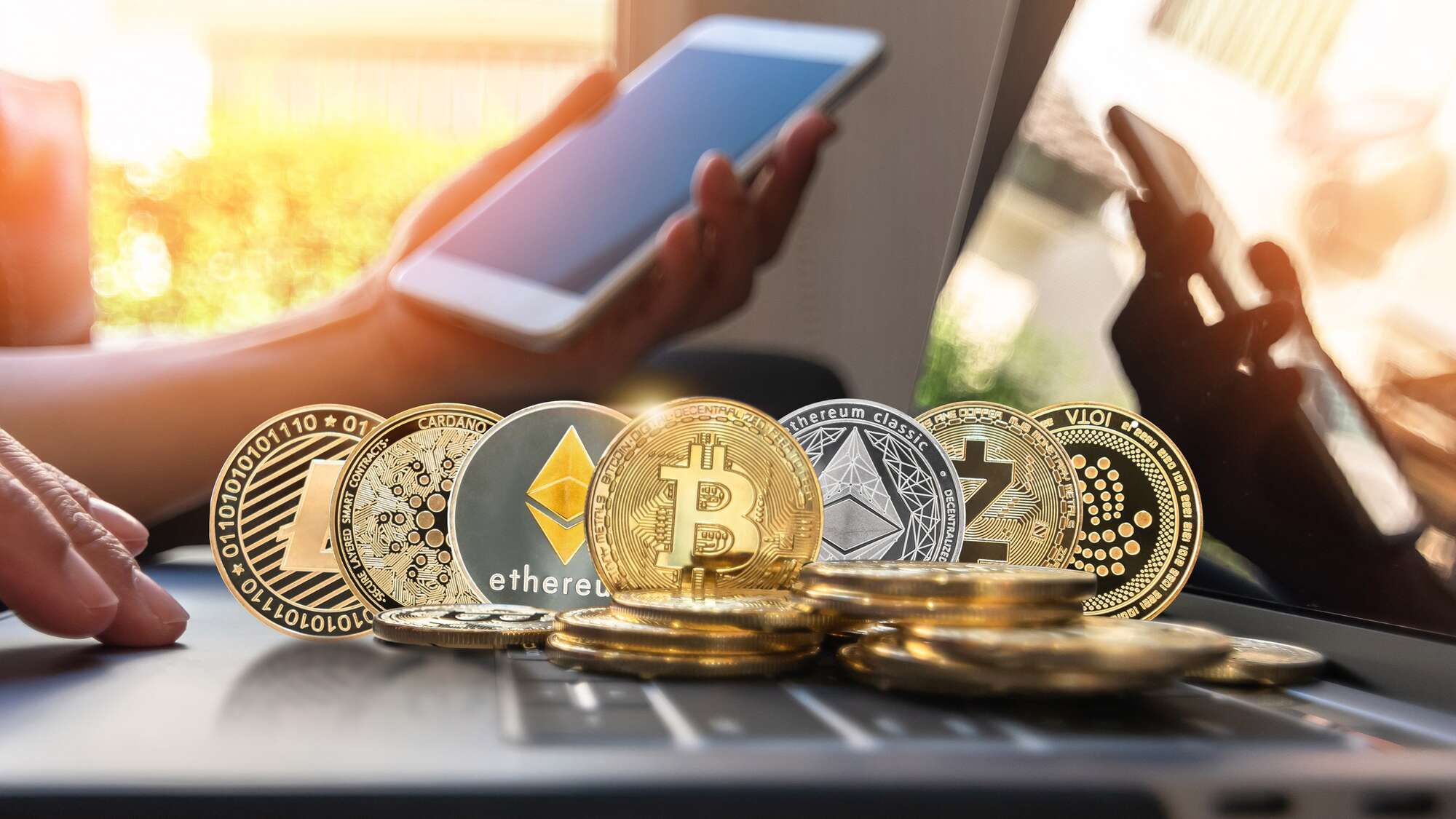The good, the bad and the questions surrounding crypto
Digital assets like Bitcoin have seen a dramatic rise and fall, and now many are wondering about the future. Some simply do not believe that it has a future, while others feel that the technology will change the way we live.
Jeremy Knopp’s focus has taken a sharp turn towards crypto.
“I’m more confident now than ever that this is going to be much bigger than most people expect,” he said.
He believes in the demand-driven market value of crypto-assets and perhaps more, the technology behind them.
But not everyone shares that belief. Some see crypto as a bubble waiting to burst.
What you need to know
- Even in Washington DC, some believe crypto is a bubble waiting to burst
- Crypto is not insured in the same way money is; when you deposit cash in a bank, it’s insured – up to $250.00 with the FDIC
- Crypto given to exchanges like FTX is not insured
- People also have major concerns about how crypto is mined, with computer systems using massive amounts of energy, and New York has introduced rules to ensure that doesn’t happen
“A lot of people have made money from crypto. A lot more have lost money. That doesn’t mean it has a public purpose,” Ohio Senator Sherrod Brown said.
Brown is one of many with concerns about crypto. They have seen the market value fluctuate. They see coins being lost due to forgotten passwords. What they don’t see is something like the FDIC to protect people the same way it does money in the bank.
If there is a disaster or fraud, cash in a bank is insured up to $250,000 per account. There are no such protections with crypto exchanges.
“They have to prove to us that there is a public purpose. Otherwise, it will be heavily regulated and perhaps eventually go out of business, Brown said.
The debate comes down to whether the government should regulate something designed to be decentralized, meaning trust falls into math, rather than people? For a majority of those involved, they all agree that yes, some regulation is necessary.
“I mean, to the extent that you’re not sure about this market because FTX happened and these other things happened, you’re going to be less inclined to put your money in this market,” Cornell University law professor Charles Whitehead said of the lack of oversight that causing a potential mistrust of crypto.
Whitehead is not on the page. He just wants to see the Finance Act work as it should, to protect.
“It’s not often easy to look into these companies,” Whitehead said of most financial companies.
Companies like the one he mentioned, FTX, a crypto exchange that saw founder Sam Bankman-Fried, the face of crypto, arrested late last year on a series of fraud charges.
“These are all regulations that, had they been enforced and the regulators standing, acted in our favor and hopefully would have ensured that these were enforced. These are all things that would have minimized the likelihood of what happened in FTX,” Whitehead said of what Bankman-Fried is accused of.
There is also agreement on which part of crypto should be regulated. It is not necessarily the decentralized technology, but more so the middlemen, the FTXs that handle other people’s assets.
“You want to make sure that you can weed out bad actors and that you’re going to hold centralized entities to some form of accountability,” Knopp said.
This is where the debate really sparks: How do you regulate?
“You have to watch ‘Trading Places’ with Eddie Murphy. It’s a great movie, isn’t it?” Whitehead said with a smile. The movie actually breaks down, in a humorous way, two very important terms, securities and commodities.
“They’re talking about pork, and I think it was frozen orange juice. These are all items that can increase in value based on general market conditions.”
The way it is here is that crypto has not yet been officially designated. Is it a commodity? Many in the space would like to see it because it comes with less stringent regulation. Or is it a security? It would, say others, require tougher regulations, but also be fairer for the ordinary economy.
“The whole point of FTX was to take your crypto and do things with it, invest it, lend it, do things with it that would create value,” Whitehead added about how securities work.
That fact could swing crypto more towards a security. In any case, an official classification is critical because it will not only change how the space will be regulated, but in Knopp’s view, grow.
“You obviously want to facilitate a market that can grow on its own, which, you know, fosters innovation, especially here in the United States,” he said.
That’s how he thinks crypto can become the next email, the next Amazon, the next Apple.
Another concern is the amount of energy it takes to mine cryptos like cryptocurrencies.
New York State recently banned operations that run on carbon-based power sources. During the next two years, companies that extract from less than 100% renewable energy will also not be allowed to extend or renew permits.


